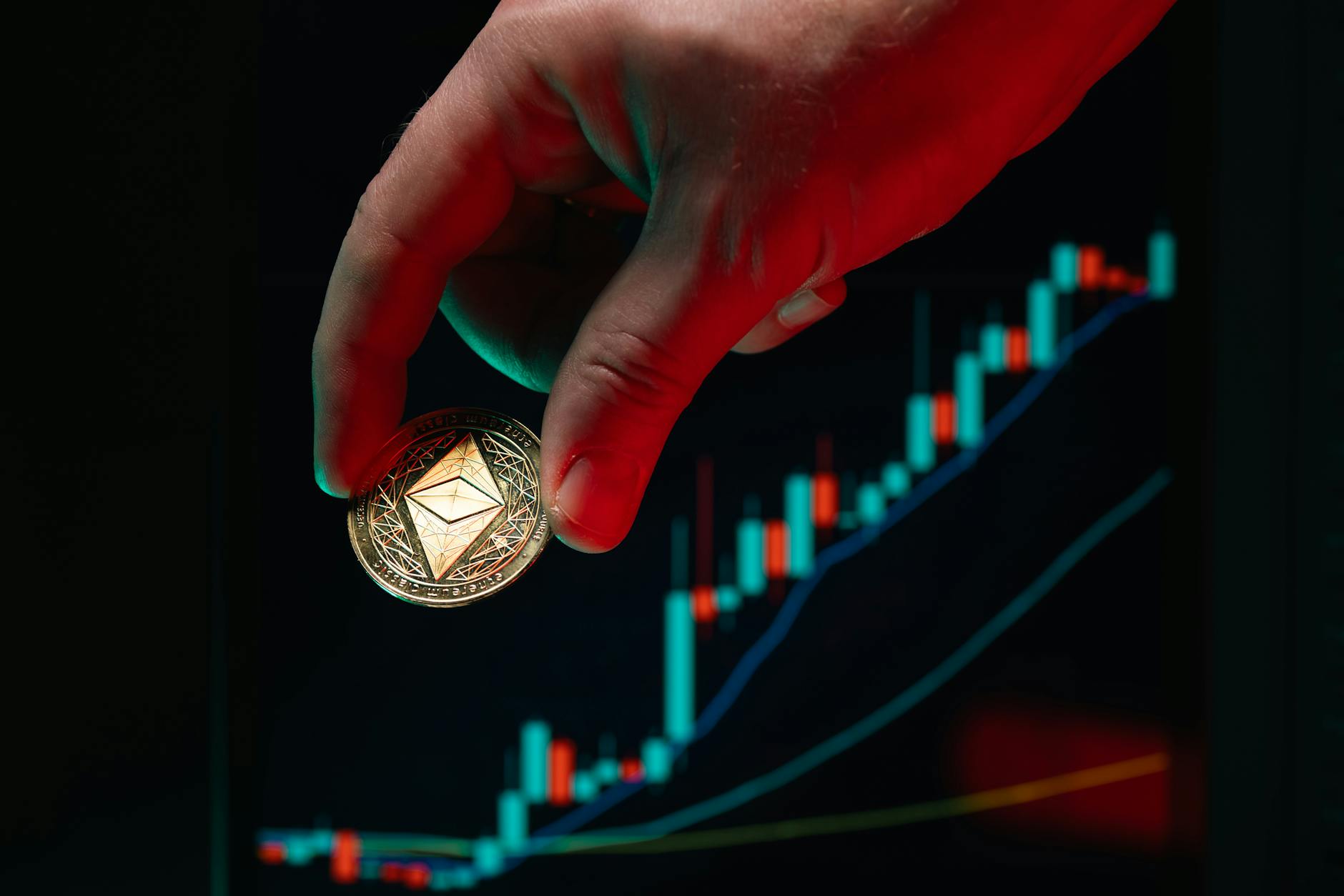In an era of intensifying competition among trading platforms, Robinhood's recent announcement that it is adding micro futures contracts for XRP and Solana marks a significant stride towards democratizing sophisticated financial instruments for the everyday trader. This move, while seemingly a nod towards inclusivity and market expansion, also casts a spotlight on the increasing appetite among retail investors for crypto-based derivatives.
Traditionally, futures trading has been the playground of the more seasoned investors due to high capital requirements and complex risk profiles. However, by introducing micro futures contracts with substantially lower capital requirements and smaller contract sizes, Robinhood is not just opening the door to novice traders but is also fine-tuning the risk management capabilities available to them.
For context, the micro futures market is not a novelty in financial trading. These instruments have been used extensively in other asset classes, such as commodities or indices, to serve traders with limited capital or those seeking to hedge with precision. Yet, their introduction into the cryptocurrency sector through platforms like Robinhood is particularly noteworthy. It underscores a shift in how crypto assets are perceived and utilized by retail investors. Not only as speculative assets but also as components of more sophisticated trading strategies.
The specific details of these contracts - a micro XRP futures contract featuring a multiplier of 2,500 and a micro Solana contract with a multiplier of 25 - mean that traders can engage with the market movements of these cryptocurrencies without committing a substantial part of their trading capital. This is crucial in a market known for its volatility, as it allows for better risk management and diversification.
Moreover, the timing of these launches is not coincidental. Following the relisting of Solana and XRP on Robinhood, there has been renewed interest and potentially a larger user base looking to exploit these assets to their full potential. As mentioned in an insightful piece on Crypto Briefing, the reintroduction of these tokens on the platform was likely a response to user demand, suggesting that Robinhood's strategy is heavily customer-driven.
While the introduction of these micro futures could be seen as a boon for retail traders, it also brings to light the broader regulatory landscape that continues to evolve around cryptocurrency derivatives. Platforms like Robinhood must navigate a labyrinth of compliance requirements, especially in the United States where the regulatory framework for crypto assets is still crystallizing. The company's ability to provide these offerings is not just a technical or market challenge, but also a regulatory ballet.
From a business perspective, expanding into micro futures might also be a strategic maneuver for Robinhood to diversify its product offerings and enhance its appeal in comparison to other cryptocurrency trading platforms. This approach not only helps in customer retention by providing varied trading options but could also attract a new wave of traders looking for low-cost entry points into crypto trading.
Conclusively, as platforms like Robinhood continue to blur the lines between traditional finance and the burgeoning field of crypto, they also foster a more nuanced understanding of market dynamics among everyday investors. However, as much as micro futures are a step towards inclusivity, they also serve as a subtle reminder of the complexities and risks inherent to derivatives trading. Potential traders should not only cheer for the democratization of these tools but also approach them with the due diligence they warrant.
This strategy by Robinhood could well be a pivotal chapter in the ongoing narrative of crypto’s integration into mainstream financial services, suggesting that the future of trading could look increasingly diverse and digitized. For more insights on how innovations in trading platforms continue to shape the financial landscape, you can explore Radom's blog.



